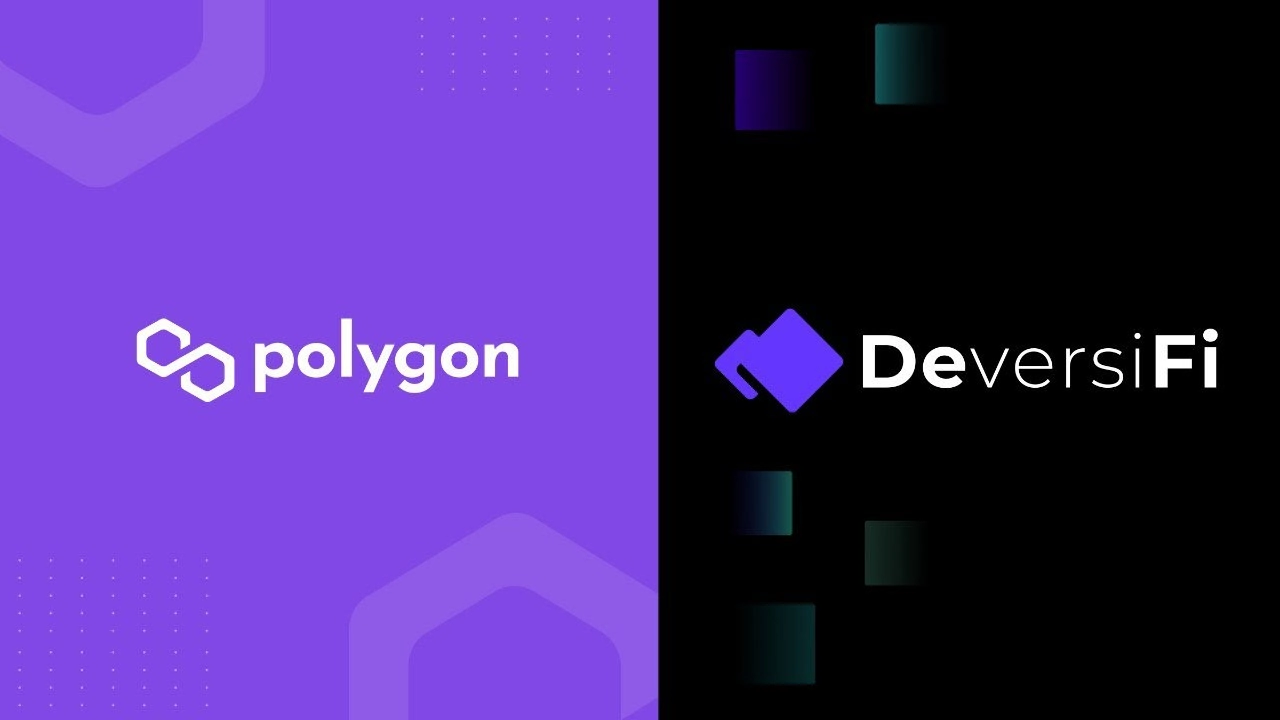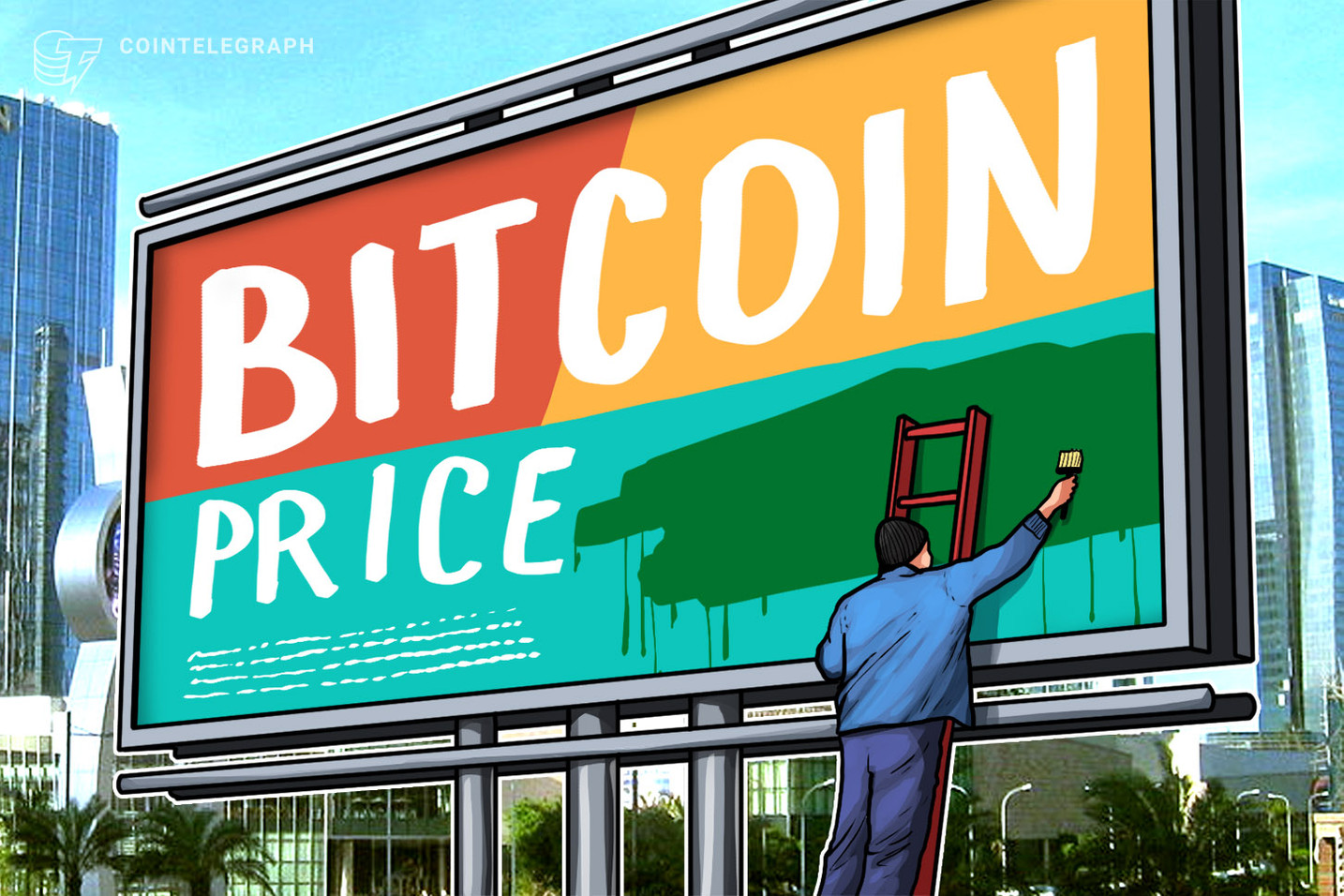In the ever-evolving landscape of decentralized finance (DeFi crypto), the quest for efficient and cost-effective transactions remains a top priority for users and developers alike. DeFi apps and platforms have brought about a paradigm shift in the way we perceive traditional finance, providing innovative solutions to financial services. However, as DeFi cryptocurrency gains popularity, the soaring gas fees on platforms like OpenSea, MetaMask, and Uniswap have become a hot topic of discussion. In this article, we will explore the dynamics of these top DeFi platforms, their impact on the crypto ecosystem, and the challenges they face in terms of ETH Gas Guzzlers.
OpenSea: The NFT Marketplace Pioneer
OpenSea, a trailblazing NFT marketplace, has been a central player in the DeFi crypto space. NFTs, or non-fungible tokens, have surged in popularity as unique digital assets. OpenSea provides a platform for creators and collectors to buy, sell, and trade NFTs seamlessly. However, the success of OpenSea comes at a cost, and that cost is ETH gas fees.
The popularity of OpenSea’s platform has led to an influx of users and transactions, resulting in congested Ethereum networks. Consequently, users often encounter high gas fees when minting, trading, or transferring NFTs. These gas fees have become a significant concern for both small-scale artists and high-profile collectors alike, limiting the accessibility of the platform.
MetaMask: Your Gateway to DeFi
MetaMask, a widely-used Ethereum wallet and browser extension, plays a pivotal role in the DeFi crypto ecosystem. It acts as a bridge between users and DeFi platforms, offering a user-friendly interface for accessing DeFi apps and decentralized platforms. While MetaMask has undoubtedly enhanced the DeFi experience, it has also been a contributor to the ETH gas fee problem.
Users rely on MetaMask to interact with various DeFi apps and platforms, leading to frequent transactions that congest the Ethereum network. As the gateway to DeFi, MetaMask must address the issue of high gas fees to ensure a seamless experience for its users. Additionally, MetaMask’s integration with DeFi crypto apps and platforms further emphasizes the need for efficient gas management.
Uniswap: The DeFi Decentralized Exchange
Uniswap, one of the top DeFi platforms, revolutionized the concept of decentralized exchanges. It offers users the ability to swap various cryptocurrencies without the need for intermediaries. This innovation has ushered in a new era of DeFi trading. However, the success of Uniswap has also led to concerns regarding ETH gas fees.
DeFi investors and traders flock to Uniswap to access a wide range of tokens and liquidity pools. This high demand, coupled with Ethereum’s scalability limitations, results in exorbitant gas fees. Users often find themselves paying substantial amounts in gas fees, which can significantly impact their overall profits in the DeFi crypto space.
The Impact of High Gas Fees on DeFi Investment
The DeFi cryptocurrency ecosystem is built on the principles of decentralization, accessibility, and inclusivity. However, the prevalence of high gas fees on platforms like OpenSea, MetaMask, and Uniswap can hinder these principles. Let’s delve into the implications of these fees on DeFi investment.
- Reduced Accessibility: High gas fees make it challenging for small investors to participate in DeFi projects. The cost of executing transactions can outweigh potential gains, discouraging newcomers from entering the DeFi space.
- Profit Margins: Traders and liquidity providers on platforms like Uniswap may see their profit margins eroded by substantial gas fees. This can lead to more conservative trading strategies, limiting the potential for substantial gains.
- NFT Artists and Collectors: OpenSea’s high gas fees can be particularly burdensome for NFT creators and collectors. Artists may struggle to mint and list their NFTs, while collectors may think twice before making purchases due to the added expense.
- Innovation and Adoption: The crypto space thrives on innovation, and high gas fees can stifle the development of new DeFi apps and projects. This could potentially slow down the growth of the entire DeFi ecosystem.
Solutions and Strategies
While the challenges posed by high gas fees are significant, the DeFi crypto community is actively seeking solutions to mitigate these issues. Here are some strategies being explored:
- Layer 2 Scaling: Layer 2 scaling solutions, such as Optimistic Rollups and zk-Rollups, aim to reduce congestion on the Ethereum network by processing transactions off-chain or in a more efficient manner.
- Alternative Blockchains: Some DeFi platforms are exploring alternative blockchains like Binance Smart Chain and Polygon to take advantage of lower gas fees and faster transaction times.
- Gas Optimization: Developers are continually working on optimizing smart contracts and transactions to reduce gas consumption, making DeFi more affordable.
- DeFi Aggregators: DeFi aggregator platforms aim to find the most cost-effective routes for DeFi transactions, helping users save on gas fees.
In the world of decentralized finance, the success of platforms like OpenSea, MetaMask, and Uniswap has brought both innovation and challenges. High ETH gas fees remain a significant concern for users and investors, limiting accessibility and profitability. However, the DeFi crypto community is actively seeking solutions to address these issues, with a focus on scalability, optimization, and alternative blockchains. As the DeFi ecosystem continues to evolve, it is crucial to find a balance between innovation and affordability to ensure the continued growth and success of decentralized finance.




